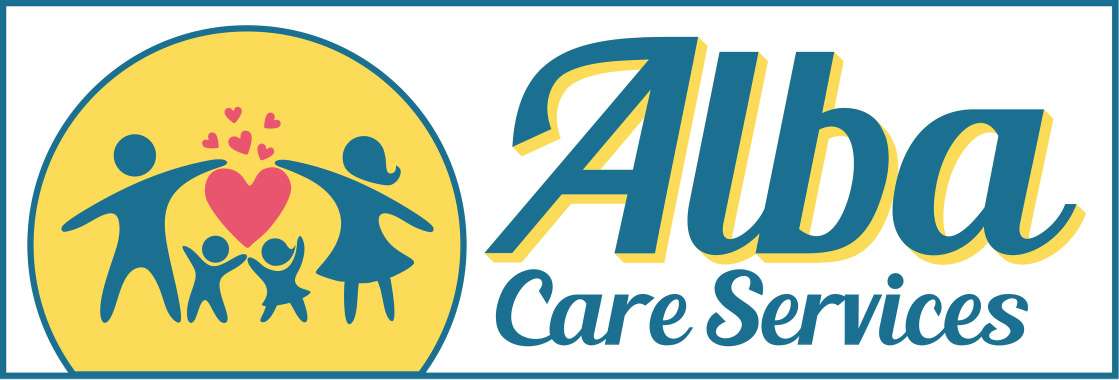
Foster parenting is an incredibly rewarding experience, and many people wonder if foster parents get paid for their work. Whether or not a foster parent receives payment varies greatly depending on the country and state you live in. If you live in the United States, foster parents get paid a monthly stipend for raising foster children. This amount can vary from state to state, with some providing more funds than others. In addition to this, many states offer additional funds for specific needs like clothing, school supplies, and medical bills.
Why Do Foster Parents Get Paid?
Foster parents are not compensated for their time and energy like teachers, nurses, or other professionals who work with children. The financial assistance they receive is intended to help cover the costs of raising a foster child. This includes the child’s expenses such as food, shelter, transportation, mental health services, or other costs like educational expenses. The money is intended to make it financially feasible for foster parents to provide a safe and stable home environment for the children they are caring for.
How Much Do Foster Parents Receive?

Prospective foster parents can earn up to $9,348 per month fostering children in California, the highest in the nation. In comparison, a foster family in places like Alabama and Mississippi can only receive around $4,000 per month. On average, most states pay foster families between $500 and $700 per month for each child.
Foster parenting is an incredibly rewarding profession and foster parents play a vital role in the lives of children who need extra support and guidance. Although foster parents do get paid for their work, it is important to remember that foster care payments are primarily intended to help foster parents stay financially stable by helping them cover the costs of providing a safe and nurturing home environment for foster children.
Do Foster Parents Get Tax Deductions?
While you can’t use foster children for tax credits the same as biological or adopted children, you may still be eligible for some tax deductions when providing foster care. Foster parents may be able to deduct unreimbursed expenses relative to the child’s basic needs. Deductible expenses can include childcare costs associated with attending school or other activities. Additionally, if you must travel for a foster child’s medical care, you may be able to deduct related transportation costs as well. It is important to note that these deductions vary depending on the state you live in, so be sure to consult a tax professional for more information.
The Process Of Adopting Foster Kids

Every state has different laws and regulations regarding the adoption of foster children. Generally, the application process involves going through a thorough background check and completing licensing paperwork. Home studies may also be conducted to ensure that all requirements are met and that the prospective parents have the ability to provide a safe and caring home environment for any adopted foster child.
Depending on the age of the child, there may also be court hearings and other steps involved in the process. Overall, the decision to become a foster parent is an important and complex one. It is essential for those considering it to understand all of the associated costs and potential benefits before taking on this role. Understanding how much foster parents get paid, why they are paid, and how the foster care process works can help individuals make informed decisions about whether foster parenting is the right option for them.
Adopt a Foster Child in California!
Alba Care Services is currently helping facilitate the care of foster children in California. Our team of professional and experienced caseworkers is dedicated to helping you navigate the process of fostering or adopting a child in California. From helping with paperwork, foster care training, and providing tips on how to transition foster children into your home, our team is here to help. If you are considering becoming a foster parent or adopting a foster child in California, contact us today to learn more. We look forward to hearing from you!
Frequently Asked Questions About Foster Care
What disqualifies you from becoming a foster parent in California?
In California, any person convicted of specified crimes is not eligible to become a foster parent. Crimes that would disqualify an individual from becoming a foster parent include murder, manslaughter, child abuse or neglect, sexual offenses with minors, and trafficking in persons.
Do biological parents pay for their foster children?
No, the responsibility of providing financial support for the care of a foster child falls solely on the state. The only time that biological parents may be required to pay for their foster children is if they can afford it and the court orders it.
What are the monthly payments for foster parents?
The amount of money foster parents receive per month varies from state to state. On average, most states pay between $500 and $700 per month for each child in their care. However, in some places like California, this number can be as high as $9,348 per month.
Do you get paid for respite care?
Generally, yes. Respite care is defined as providing temporary relief or assistance for a foster family so they can take a break from their regular duties. For these services, foster parents are usually paid a flat fee or hourly rate as compensation.
Are there any incentives for becoming a foster parent?
Yes, many states offer additional funds for specific needs like clothing, school supplies, and medical bills to help support the care of their foster children. Additionally, some states provide financial assistance in the form of tax deductions to foster parents.
Does foster care include insurance coverage?
Yes, most states provide health insurance to cover the medical needs of foster children while they are in their care. This coverage is usually provided through Medicaid or a similar program and may include dental, vision, and mental health services as well. In some cases, the state may also cover additional expenses like prescriptions or special equipment.
Are foster care payments considered income on taxes?
No, foster care payments are not considered taxable income. This is because the payments are intended to cover the costs of providing financial stability and a secure home environment for the foster child, not as a form of salary or wages.



